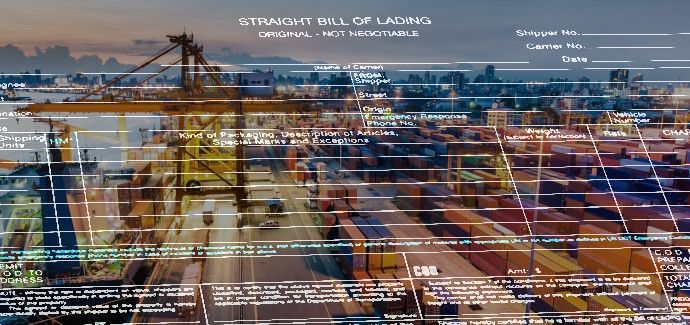Blockchain for Supply Chain Transactions
Challenge
Supply chains involve hundreds of businesses and thousands of transactions. As products move along supply chains, enterprises often run into many errors. Besides actual product manufacturing, a supply chain involves several transactions like a retailer placing an order, a supplier getting financing from a bank, a supplier shipping merchandise to a retailer, a retailer paying a supplier, a supplier paying a bank, a retailer returning damaged merchandise, a supplier paying for that, and so on.
Supply chains can get long and convoluted, and there is much room for error along the way.
Solution
Blockchain offers two significant factors with potential benefits:
- Security: The blockchain ledger is a secure way to record transactions because cheating with fraudulent entries is challenging, if not impossible.
- Distributed records: No single entity has complete control over the records. This increases trust and the ability to verify transactions quickly.
When applied to supply chains, this has significant advantages:
- Traceability: Errors are inevitable in the supply chain, and they may be impossible to catch, especially when the error occurs. Each “link” in the blockchain follows a chronological sequence of all transactions. This means that nothing that happens during the supply chain gets lost in the process, and all links in the blockchain are individually copied, encrypted, and pinpointed for each party in the supply chain. This eliminates current traceability issues.
- Secure and Verifiable: Security comes from making it difficult or impossible to commit fraud or forgery. Blockchain is one of the most secure technologies out there. When applied to the supply chain, all transactions along the way are secure and can be easily verified later if needed.
- Automation. Let’s face it, supply chains as they stand can be slow. Especially when it comes to complex data sets and orders, it takes a long time to get through every process in the supply chain, especially when that chain involves thousands of components. It can be completely unpredictable. Blockchain automates essential pieces of the supply chain, significantly reducing the time cost.
- Ethical and Sustainable. When we can trace back every link in the supply chain, it makes it simple to know where materials are coming from, where they went, and who had access to them. This can improve sourcing efforts in terms of ethics and sustainability. (think: no more conflict diamonds)
- Reduced Costs. With blockchain technology, once implemented, enterprises gain efficiency and reduce waste because, while the blockchain has redundancy built-in, this streamlines other (flawed) methods of duplication that are prone to data entry errors, single points of failure, and inaccessibility.
Project Profile
Client:
Retail, Food Industry, Apparel
Development Time:
4 weeks
Deployment:
Undsiclosed


